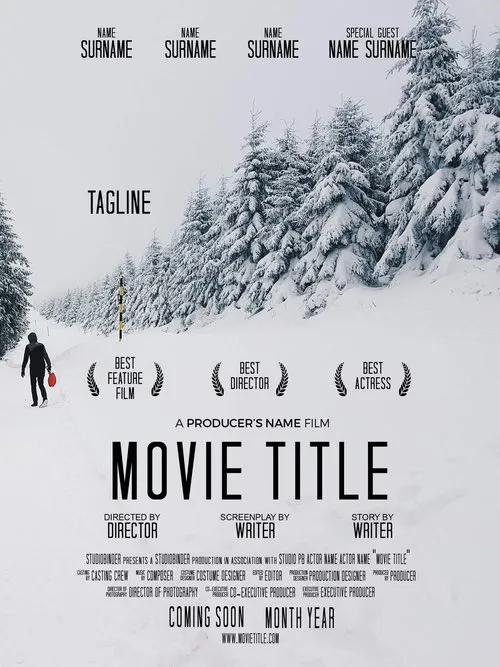
On Post-Truth
What is the cost of lies? It’s not that we’ll mistake them for the truth. The real danger is that if we hear enough lies, then we no longer recognize the truth at all. What can we do then? What else is left but to abandon even the hope of truth and content ourselves instead with stories? In these stories, it doesn’t matter who the heroes are.
But it is still there. Every lie we tell incurs a debt to the truth. Sooner or later, that debt is paid. That is how an RBMK reactor core explodes. Lies.
To be a scientist is to be naive. We are so focused on our search for truth, we fail to consider how few actually want us to find it. But it is always there, whether we see it or not, whether we choose to or not. The truth doesn’t care about our needs or wants. It doesn’t care about our governments, our ideologies, our religions. It will lie in wait for all time. And this, at last, is the gift of Chernobyl.
Where I once would fear the cost of truth, now I only ask: What is the cost of lies?
And: What would happen were you to ingest a grain-sized piece of the Reactor No. 4’s core today:
If you ate this fuel chip, not much of it would likely dissolve in your gut; the matrix is UO2, and U(IV) Oxide is poorly soluble even in the acid environment of the gut. But let’s say it did dissolve completely and got metabolized. You’d be committing yourself to about 20 mSv (2 rem) from Cs-137, and probably a similar dose from Sr-90. Basically, if you were a radiation worker in the USA, your annual dose limit of 5 rem would be met. In many countries and facilities, you would exceed annual allowances.